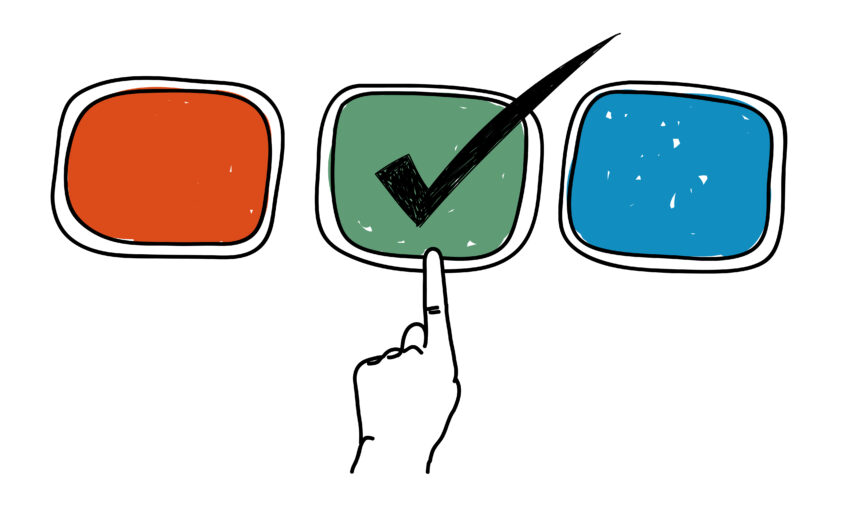Car insurance is a crucial aspect of owning a vehicle in South Africa. It provides financial protection against unexpected events such as accidents, theft, and damage to your car. When selecting car insurance, one of the essential decisions you need to make is choosing the right deductible. The deductible is the amount of money you agree to pay out of pocket before your insurance coverage kicks in. It is crucial to understand how deductibles work and consider various factors when determining the appropriate deductible for your car insurance in South Africa.
What is a deductible?
A deductible is the portion of an insurance claim that you are responsible for paying. When you file a claim for an insured event, such as an accident or theft, your car insurance company will cover the remaining cost, minus the deductible. For example, if you have a deductible of R5,000 and the cost of repairs after an accident is R20,000, you will pay R5,000, and your insurance company will cover the remaining R15,000.
Factors to consider when choosing a deductible:
- Budget and Financial Situation: One of the key factors to consider when selecting a deductible is your budget and financial circumstances. A higher deductible means you’ll have to pay more out of pocket in the event of a claim. If you have enough savings to cover a higher deductible comfortably, opting for a higher deductible can help lower your insurance premium. However, if paying a higher deductible would strain your finances, it may be more prudent to choose a lower deductible.
- Vehicle Value: The value of your vehicle plays a significant role in determining the appropriate deductible. If you drive an older car with a lower market value, it may be more sensible to choose a higher deductible. This is because the cost of repairs or replacement for an older vehicle may be relatively low, making it more cost-effective to pay a higher deductible upfront and enjoy lower premiums. On the other hand, if you drive a brand new or high-value vehicle, a lower deductible might be more appropriate, as repair or replacement costs could be significantly higher.
- Risk Tolerance: Consider your risk tolerance level when choosing a deductible. A higher deductible means you are willing to take on more financial risk in exchange for lower premium costs. If you are comfortable with the possibility of paying a higher amount out of pocket in the event of a claim, a higher deductible can be a suitable option. However, if you prefer a lower financial risk and would rather have a higher premium with a lower deductible, it provides peace of mind knowing that your out-of-pocket expenses will be minimal.
- Driving Experience and History: Your driving experience and history can also influence your deductible choice. If you have a clean driving record and are confident in your ability to avoid accidents, you may feel more comfortable opting for a higher deductible. However, if you have a history of accidents or are a relatively new driver, a lower deductible might be a wiser choice to mitigate the financial impact of potential claims.
- Insurance Premiums: It’s crucial to consider how your choice of deductible affects your insurance premiums. Generally, higher deductibles result in lower premiums, while lower deductibles lead to higher premiums. Evaluate different deductible options and their corresponding premium amounts to find a balance that suits your budget and coverage needs.
- Insurance Policy Terms: Review the terms and conditions of your insurance policy regarding deductibles. Some policies may have a fixed deductible, while others may allow you to choose from a range of deductible options. Understand any restrictions, limitations, or special conditions associated with deductibles to make an informed decision.
In conclusion, selecting the right deductible for your car insurance in South Africa requires careful consideration of your budget, vehicle value, risk tolerance, driving experience, insurance premiums, and policy terms. There is no one-size-fits-all solution, as each individual’s circumstances and preferences differ. By evaluating these factors and consulting with insurance professionals, you can make an informed decision that strikes the right balance between cost savings and financial protection for your vehicle. Remember that it’s always advisable to review your car insurance policy regularly to ensure it continues to meet your evolving needs.










